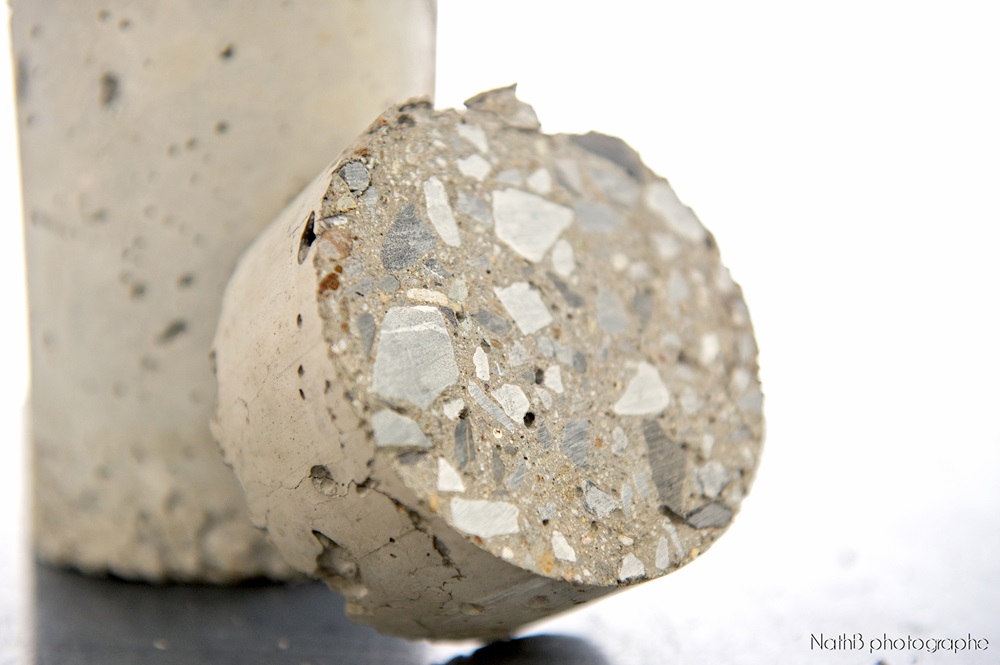Thanks to a $200,000 grant from the federal government, the CTTÉI will acquire a high-temperature rotary kiln to develop low-carbon construction materials.

Le Cégep de Sorel-Tracy received the good news on June 14, 2024: $200,000 was allocated to the project to acquire a new high-temperature rotary kiln. It will be added to the equipment already available in the CTTÉI's concrete, mortar and geopolymer formulation laboratories.
This kiln will increase the Center's capacity to develop low-carbon cementitious materials. This technological breakthrough is of interest to a number of industrial partners, including cement works, concrete manufacturers and generators of residues with high pozzolanic potential.
LessCO2 to produce cement
"We are already developing recipes for the substitution of residual materials for cement, which is a crucial ingredient in concrete formulation. From now on, we'll be able to work on the way cement itself is produced. The two major ecological benefits of the new processes will be, on the one hand, to produce cement at lower temperatures, which saves energy. And on the other hand, carbon dioxide emissions from the calcination stage will be reduced by using less limestone raw material in the cement formulation", explains Elisabeth Viry, a researcher at the CTTÉI.
"Such cements or supplementary cementing materials could represent a 30% to 50% reduction in theCO2 emitted into the atmosphere by traditional cement production methods," adds Claude Maheux-Picard, General Manager of the CTTÉI. "The new equipment will enable us to work under conditions close to those currently found in industry.
"Not only does this grant help optimize our fleet of equipment in the concrete laboratories, but its new process fits in with the CTTÉI's mission and values by reducing our carbon footprint. This high-temperature rotary kiln will enable us to pursue research and development of innovative technologies in the industrial sector, and ultimately benefit our programs of study and businesses in an eco-responsible perspective," explains Catherine Boulanger, Acting Director General and Corporate Affairs at Cégep de Sorel-Tracy.
The $200,000 in funding received by the Cégep de Sorel-Tracy, with which the CTTÉI is affiliated, comes from Applied Research Tools and Instruments (ARTI) grants, awarded under the Government of Canada's College and Community Innovation (CCI) program. This program is administered by the Natural Sciences and Engineering Research Council of Canada (NSERC), in collaboration with the Social Sciences and Humanities Research Council (SSHRC) and the Canadian Institutes of Health Research (CIHR).
